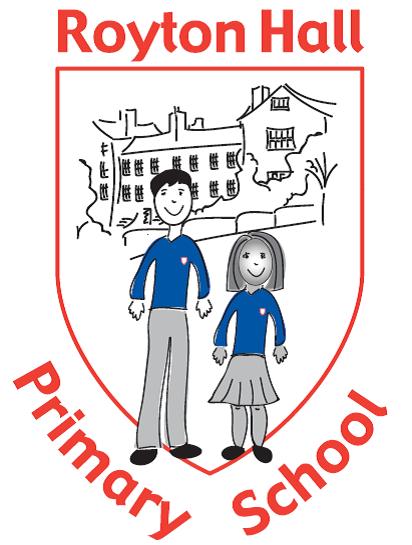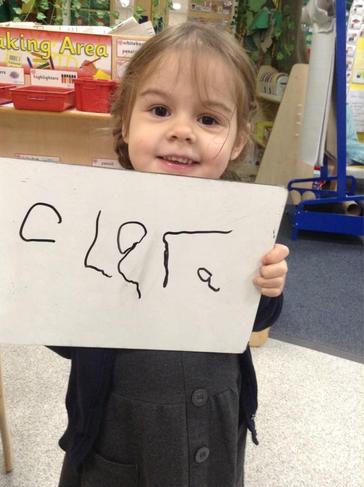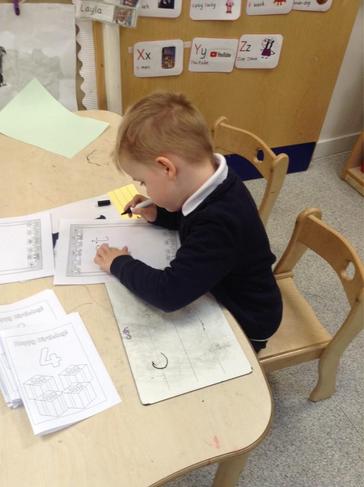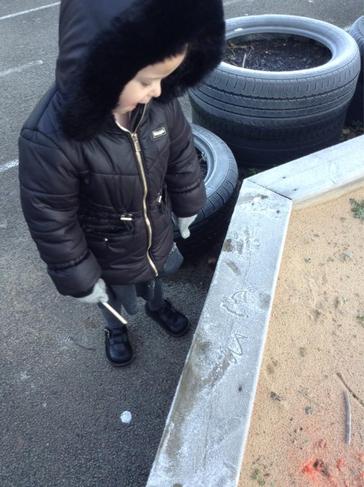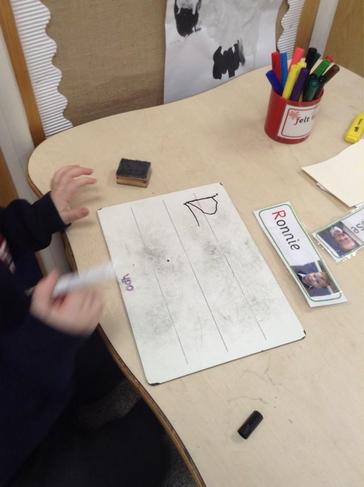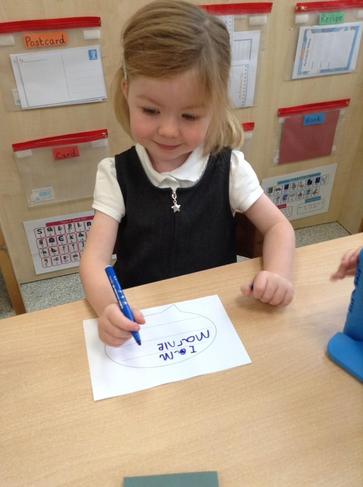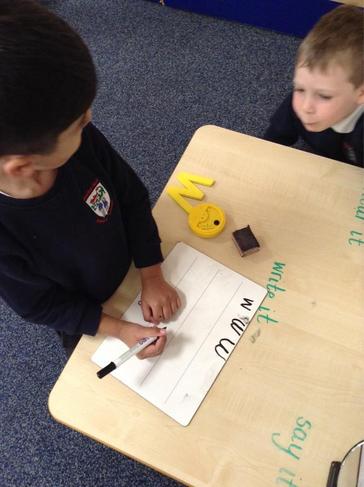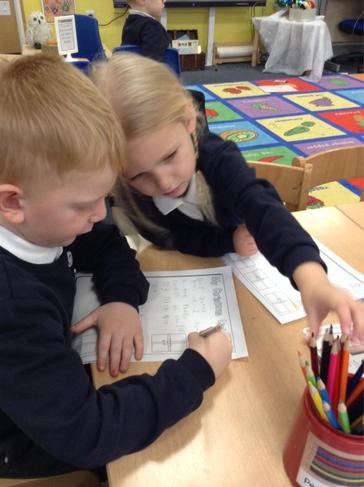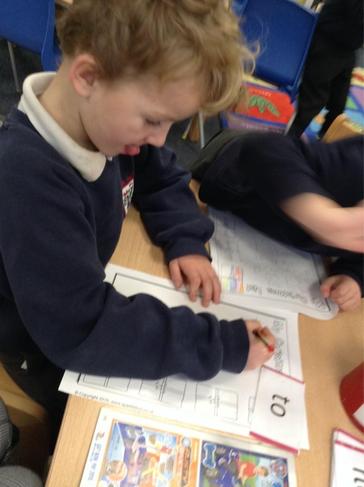Literacy
Literacy in the Early Years
The literacy curriculum is divided into three strands. These are:
- Comprehension
- Word Reading
- Writing
In the EYFS we support children’s reading development by:
- daily self-registration
- talking with each other
- matching games and activities
- sharing stories and talking about them every day
- acting stories out in role play and small world games
- puppets and toys related to stories
- using words and symbols in our environment, and talking about signs and symbols children see in the environment a wide range of books available in continuous provision
- phonics sessions whole class and small group reading activities
- lending library books for children to share at home
- sending reading books home to practise
- literacy lessons
In the EYFS we support children’s writing development by:
- strengthening our arms and shoulders through climbing, digging, dancing and lots of other activities
- developing our ‘fine’ motor skills (using fingers) through weaving, threading, manipulating playdoh, using tools such as scissors
- planned movement activities to develop muscle tone and vocabulary needed for writing (straight, curved, top, bottom, left, right, loops, circles etc)
- activities to develop the control and pressure needed to use a pencil or pen
- practising writing letters using correct formation
- planned phonics activities in groups to develop careful listening, awareness of rhyme and alliteration, letter recognition, identifying the sounds in words (segmenting), putting letters together to form words (blending), and writing practise
- planned writing activities as a whole class and in groups covering sentence writing, different kinds of writing (labels, lists, invitations, instructions, stories etc)
- opportunities to practise writing skills through continuous provision on a daily basis
The literacy Early Learning Goals for the end of Reception state that;
Comprehension "Children at the expected level of development will: - Demonstrate understanding of what has been read to them by retelling stories and narratives using their own words and recently introduced vocabulary; - Anticipate – where appropriate – key events in stories; - Use and understand recently introduced vocabulary during discussions about stories, non-fiction, rhymes and poems and during role-play."
Word Reading "Children at the expected level of development will: - Say a sound for each letter in the alphabet and at least 10 digraphs; - Read words consistent with their phonic knowledge by sound-blending; - Read aloud simple sentences and books that are consistent with their phonic knowledge, including some common exception words."
Writing "Children at the expected level of development will: - Write recognisable letters, most of which are correctly formed; - Spell words by identifying sounds in them and representing the sounds with a letter or letters; - Write simple phrases and sentences that can be read by others."
|
|
|
|
|
|
|
|
|
|
|
Ways to help at home
There are lots of things you can do to help your child’s literacy skills from a very early age. You could:
- play snap
- complete simple jigsaws and puzzles together
- encourage your child to spot familiar signs and logos, such as McDonald’s or Asda
- talk about what you are doing together, and encourage your child to use sentences and appropriate words
- get your child a library card and borrow books to share together. Children enjoy cuddling up and listening to stories long before they understand the words
- visit the park and encourage your child to climb, swing and use their shoulders and arms when they play
- provide crayons and large pieces of paper for your child to make marks, draw and ‘write’
- play board games (this will help your child with maths and social skills as well as literacy)
- play phonics games on Phonics Play (please see your child's class teacher for the school log in details)
- go on a word hunt around your house
